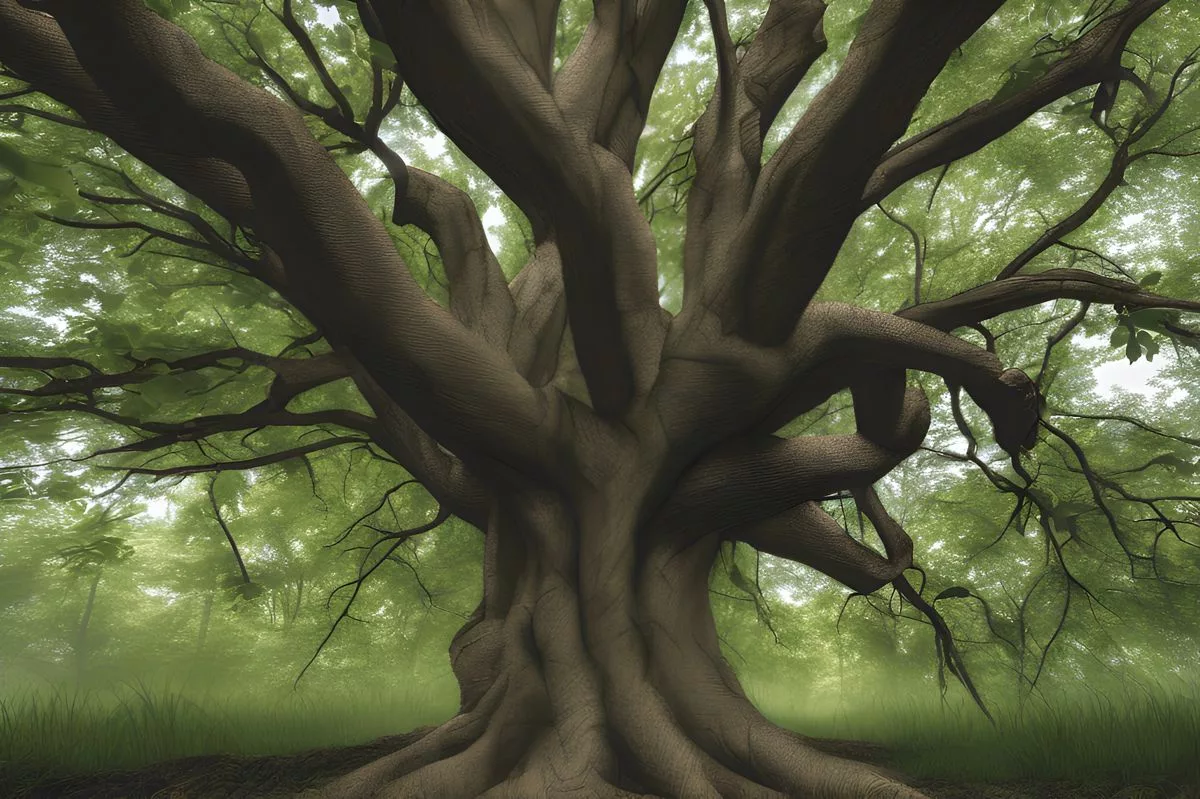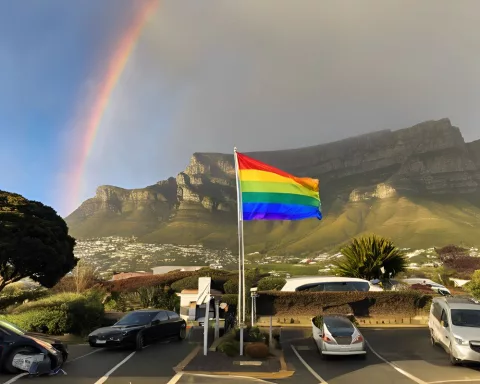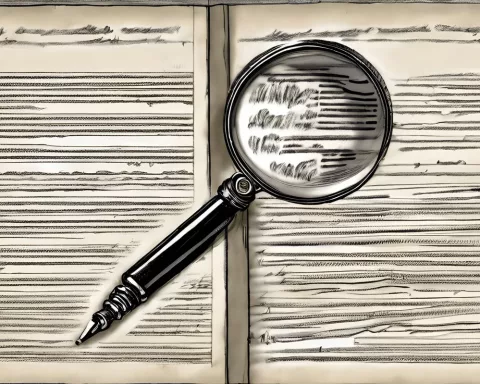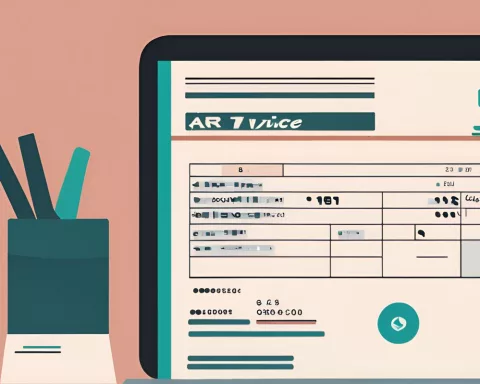The National Status of Biological Invasives and their Management report emphasizes the urgent need to prevent, detect, and control invasive species in South Africa. This threat not only harms biodiversity but also impacts various sectors of the economy, agriculture, water resources, and public health. South Africa has implemented an effective regulatory system to manage biological invasions and is a vanguard in invasion science. However, addressing biological invasions requires a united response from all sectors, and the report serves as a wake-up call to act decisively.
What is the National Status of Biological Invasives and their Management report?
The National Status of Biological Invasives and their Management report is a crucial scientific document that highlights the threat of foreign and intrusive species to biodiversity in South Africa. The report emphasizes the need for urgent action to prevent, detect, and control invasive species, which not only harm biodiversity but also impact various sectors of the economy, agriculture, water resources, and public health. South Africa is acknowledged as a vanguard in invasion science and has implemented an effective regulatory system to manage biological invasions.
The Official Launch
The esteemed Minister of Forestry, Fisheries, and the Environment, Ms Barbara Creecy, led a crucial event on 8th March 2024. This occasion marked the official release of the 3rd National Status of Biological Invasives and their Management. The grandeur of the launch was amplified at the prestigious venue, the Pretoria National Botanical Gardens. Various prominent figures graced the event, including SANBI Board’s Chair, Professor Edward Nesamvuni, and SANBI’s Chief Executive, Mr Shonisani Munzhedzi.
Importance of the Scientific Report
This scientific report is incredibly valuable. It succeeds the prior publication of the Intergovernmental Science-Policy Platform on Biodiversity and Ecosystem Services (IPBES’) report on Invasive Alien Species and their Control. The release of this document provides South Africa with a chance to employ the learning from the IPBES process and align its initiatives with the Kunming-Montreal Global Biodiversity Framework (GBF) and the South Africa’s Biodiversity Conservation and Sustainable Utilization White Paper‘s goals.
The report reveals an alarming fact – foreign and intrusive species pose a considerable threat to biodiversity. South Africa is currently under attack from numerous invasive species that have, due to human activities like commerce and travel, spread rapidly. These alien species are pushing local flora and fauna to the edge by competing for resources and altering native habitats.
The Impact of Biological Invasion
Damage to Various Sectors
This biological invasion is not limited to biodiversity alone. It impacts various sectors – the economy, agriculture, water resources, and public health. Invasive species harm agricultural lands, leading to reduced crop yields and heightened production costs. They may also pollute water supplies and pose health hazards by spreading diseases or inducing allergic reactions.
Severity of the Problem
The report vividly portrays the severity of the situation. Over the last ten years, 32 new alien species have infiltrated South Africa’s ecosystem, either unintentionally or unlawfully. This equates to approximately three introductions per year. Although this rate is lower than the previous decade’s average of about four new species introduced per year, it remains a matter of concern.
Invasive species like trees and freshwater fishes are causing unprecedented damage to people and the environment. They are draining water resources, ruining grazing lands, and intensifying wildfires. Alien freshwater fishes are endangering the diversity of South Africa’s native fishes and other aquatic organisms.
The Dire Situation at Prince Edward Islands
The report shines a spotlight on Prince Edward Islands’ dire situation, where invasive species are wreaking havoc on the unique and delicate biodiversity. The research findings reveal the presence of 44 alien species on Marion Island, with more than half being invasive. Prince Edward Island, on the other hand, has eight alien species, all invasive.
The climate crisis exacerbates the issue. Invasive species can heighten our vulnerability to wildfires, floods, and other natural disasters. Some alien plant species like pine trees are highly flammable, while others clog our waterways, which serve as natural shields against flooding and cyclones.
South Africa’s Efforts and the Path Ahead
South Africa’s Role in Invasion Science
South Africa is not merely observing this biological warfare from the sidelines. It is globally acknowledged as a vanguard in invasion science. South Africa boasts of SANBI, a dedicated institution that undertakes research, keeps an eye on, and reports on matters related to the preservation and sustainable use of biodiversity. The institute receives support from partners like Stellenbosch University’s Centre of Excellence for Invasion Biology, which is part of the Department of Science and Innovation’s National Research Foundation, and Rhodes University’s Centre for Biological Control.
South Africa has innovated an effective regulatory system to manage biological invasions. Decisions rely on the most recent scientific evidence, and legal introductions of new alien species are strictly regulated. South Africa’s strategic investment exceeding 1.5 billion Rand from 2020 to 2022 has enabled the identification of priority areas to address biological invasions.
The Challenges Ahead
However, the journey ahead is demanding. Addressing biological invasions requires a united response. Governments, academia, civil society organizations, and communities need to come together to devise efficient prevention, early detection, and control strategies. It is crucial to stay alert, continue investing in research and innovation, and fortify our early detection and response systems.
The national status report on biological invasions serves as a wake-up call. It highlights the urgent need to act decisively. By pooling our resources and working collaboratively, we can safeguard our natural heritage, rejuvenate damaged ecosystems, and ensure a sustainable future for South Africa.
1. What is the National Status of Biological Invasives and their Management report?
The National Status of Biological Invasives and their Management report is a scientific document that highlights the threat of foreign and intrusive species to biodiversity in South Africa. The report emphasizes the need for urgent action to prevent, detect, and control invasive species, which not only harm biodiversity but also impact various sectors of the economy, agriculture, water resources, and public health.
2. What is the significance of the official launch of the report?
The official launch of the report was a significant event led by the Minister of Forestry, Fisheries, and the Environment, Ms Barbara Creecy. The launch marked the release of the 3rd National Status of Biological Invasives and their Management report, which is a crucial scientific document that highlights the threat of invasive species to South Africa’s biodiversity. The launch was held at the prestigious venue, the Pretoria National Botanical Gardens, and was attended by prominent figures.
3. What is the impact of biological invasion on various sectors?
Biological invasion not only harms biodiversity but also impacts various sectors of the economy, agriculture, water resources, and public health. Invasive species harm agricultural lands, leading to reduced crop yields and heightened production costs. They may also pollute water supplies and pose health hazards by spreading diseases or inducing allergic reactions.
4. What is the severity of the problem of biological invasion in South Africa?
The report reveals that over the last ten years, 32 new alien species have infiltrated South Africa’s ecosystem, either unintentionally or unlawfully. This equates to approximately three introductions per year. Although this rate is lower than the previous decade’s average of about four new species introduced per year, it remains a matter of concern. Invasive species are causing unprecedented damage to people and the environment.
5. What is South Africa’s role in invasion science?
South Africa is acknowledged as a vanguard in invasion science and boasts of SANBI, a dedicated institution that undertakes research, keeps an eye on, and reports on matters related to the preservation and sustainable use of biodiversity. The institute receives support from partners like Stellenbosch University’s Centre of Excellence for Invasion Biology, which is part of the Department of Science and Innovation’s National Research Foundation, and Rhodes University’s Centre for Biological Control.
6. What are the challenges ahead in addressing biological invasions in South Africa?
Addressing biological invasions requires a united response from all sectors. Governments, academia, civil society organizations, and communities need to come together to devise efficient prevention, early detection, and control strategies. It is crucial to stay alert, continue investing in research and innovation, and fortify our early detection and response systems. The national status report on biological invasions serves as a wake-up call to act decisively and safeguard our natural heritage and ensure a sustainable future for South Africa.










